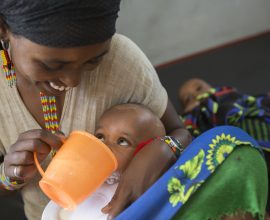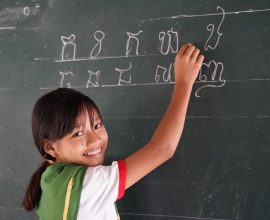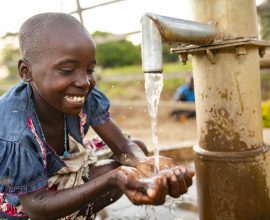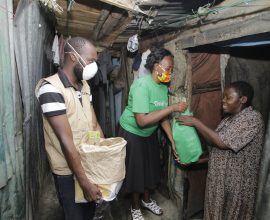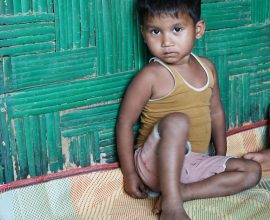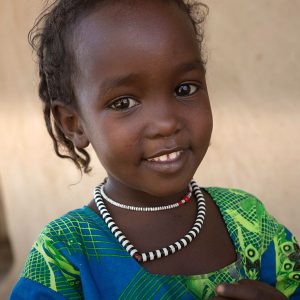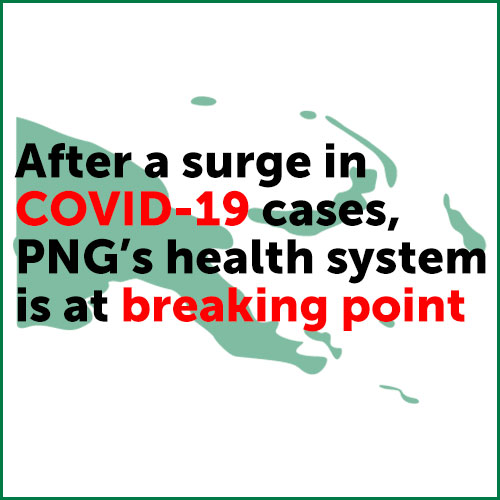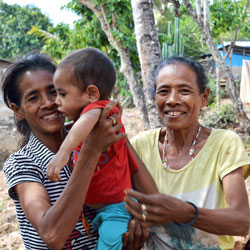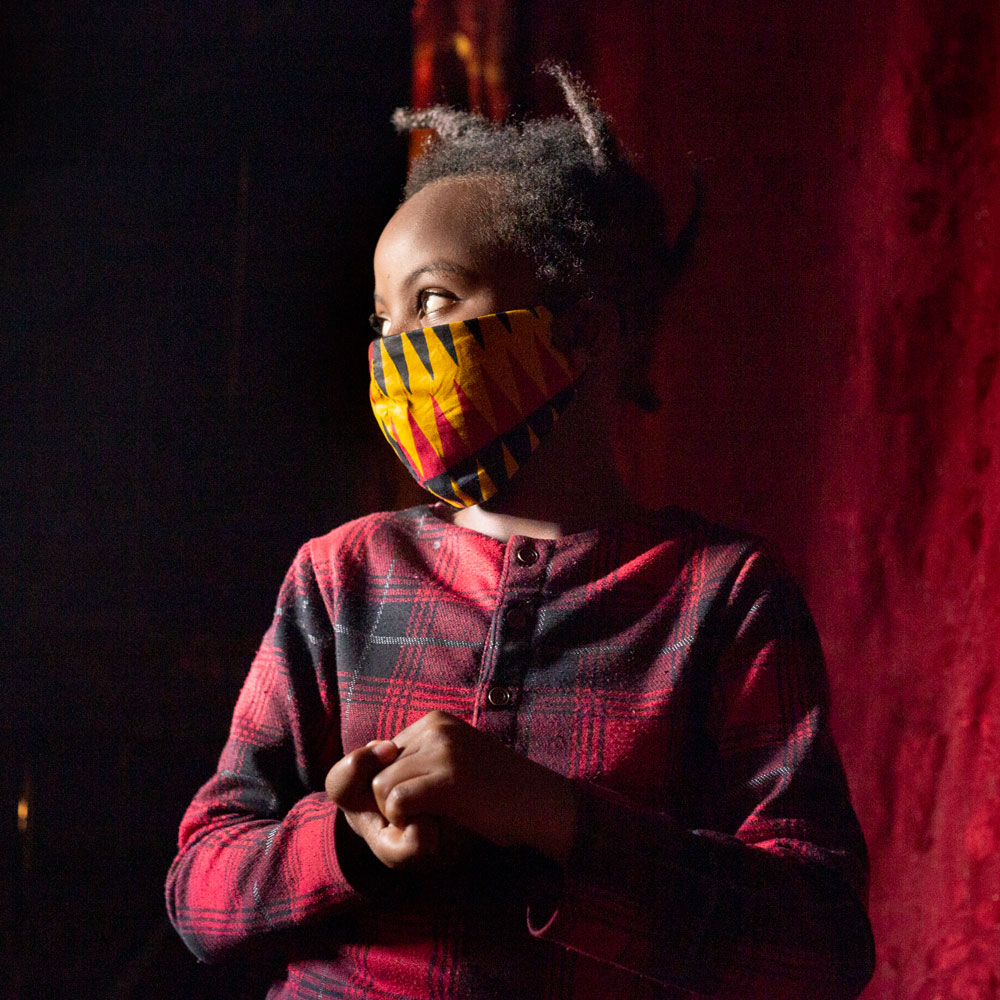Please donate to help children in poverty
At ChildFund, our vision is a world without poverty where all children and young people can say: “I am safe. I am educated. I contribute. I have a future.”
By making a donation in an amount of your choice, we can direct it to where it’s most needed. Your funds could be used to provide urgent humanitarian relief, or directed to long-term development projects that bring lasting, sustainable change for children in areas such as education, health and child protection.
Where would you like to help?
Where your money goes

83 cents
in every dollar goes directly to helping children in poverty
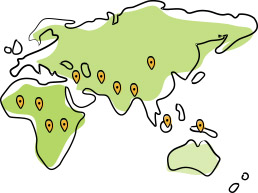


Almost 23 million
children and families being supported in over 70 countries
How can you donate to ChildFund Australia?
Donate Once
If you want to make a single contribution, a donation to where it’s most-needed is a suitable way to give. In this way, you can support vulnerable children and families through development projects being implemented around the globe.
Donate Monthly
If you’d like to make a regular commitment to reducing child poverty, you may wish to join Project Humanity.
We’ve recommended donation amounts that allow us to implement long-term projects, and respond to emergencies in times of crisis, but we also offer the flexibility to choose an amount that suits your personal circumstances.
How does my donation help children in poverty?
Donations made to ChildFund Australia can provide different forms of support. Here are some ways that your commitment helps us to fulfil our vision for children:
I am safe
We support communities to keep children safe from harm, help build effective child protection systems and provide emergency humanitarian assistance in times of natural disaster and conflict.
I am educated
ChildFund implements projects to give children early childhood education and access to quality schools where they acquire essential skills in literacy and numeracy. We also provide opportunities for young people to take part in creative arts, sports and vocational training.
I contribute
Our programs give children and youth the confidence to share their opinions, and to participate in family and community decision-making on issues which affect them.
I have a future
ChildFund’s programs prioritise the health, wellbeing and resilience of children, working in partnership with their families and communities to ensure that their basic human rights are safeguarded and upheld.
Frequently asked questions
Complete the form below to subscribe to our newsletter.
If you’re filing your tax return for the first time, have never claimed donations or donated at all, you’re probably wanting to know more about how you can claim donations to charity on your taxes. We’ve answered some of the most important questions about tax deductible donations below.
Tax deductible donations are about giving back, to get back. Donating to ChildFund Australia will help children in urgent need of support. You’ll be helping the most vulnerable children across South East Asia and Africa, and you yourself will be able to receive a greater refund on your tax return.
You can submit any tax deductible donation over $2 as part of your tax return.
You can only claim for donations which are monetary gifts, given without the promise of something in return. Raffle tickets, charity chocolates, events and other donations of this kind, are not tax deductible.
At ChildFund, all regular giving donations over $2 are tax deductible including child sponsorship, community sponsorship and donations to appeals. A few donation categories are not tax deductible, for example, birthday gifts to your sponsored child and are not included on your annual tax receipt.



